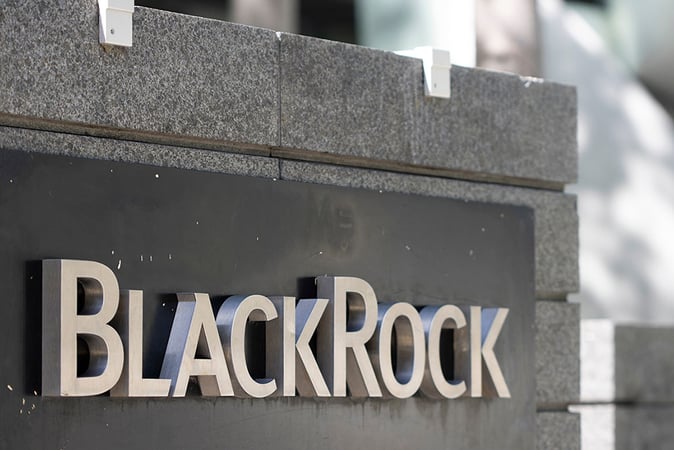
The US Department of the Treasury has announced sanctions against a Tron cryptocurrency wallet address associated with the Aeza Group, a Russian internet infrastructure firm allegedly providing a bulletproof hosting (BPH) services to cybercriminal groups.
The Office of Foreign Assets Control (OFAC) said the targeted address operated on the Tron blockchain and facilitated transactions linked to ransomware attacks, illicit drug markets, and the compromise of sensitive US information. OFAC explained in a statement:
BPH service providers sell access to specialized servers and other computer infrastructure designed to help cybercriminals like ransomware actors, personal information stealers, and drug vendors evade detection and resist law enforcement attempts to disrupt their malicious activities
According to the Treasury’s statement, Aeza provided backend infrastructure to groups including Meduza and Lumma, both known for targeting US defense and technology networks.
Aeza Group’s Infrastructure and Its Blockchain Footprint
The sanctions extend beyond the crypto wallet itself. OFAC added four individuals identified as key Aeza members to its Specially Designated Nationals (SDN) list, along with four affiliated entities.
The Tron-based wallet associated with Aeza reportedly received over $350,000 in digital assets, which were subsequently converted to fiat using various exchanges. These findings were supported by blockchain analytics firm Chainalysis, which noted the wallet’s role in facilitating cybercriminal cashouts.
Chainalysis said in a statement:
By sanctioning bulletproof hosting providers, the US government is attacking the supply chain that makes large-scale cybercrime possible, rather than just pursuing individual threat actors after attacks have occurred.
The move marks a shift in strategy toward targeting the broader technical ecosystem that enables ransomware groups to operate globally.
In addition to its involvement with ransomware infrastructure, Aeza was also reported to have hosted BlackSprut, a Russian darknet marketplace tied to the trafficking of illegal drugs including fentanyl.
US officials have previously linked synthetic opioid imports from Russia and China to rising overdose rates domestically, adding urgency to Treasury actions against facilitators of such networks.
Broader Context for Crypto and National Security
The sanctioned Tron address shows the relevance of less expensive and high-throughput blockchains for illicit activity, especially when combined with mixing services or intermediaries that operate with insufficiently strict or no KYC protocols at all.
Acting Under Secretary of the Treasury for Terrorism and Financial Intelligence Bradley Smith emphasized the urgency of addressing these channels:
Cybercriminals continue to rely heavily on BPH service providers like Aeza Group to facilitate disruptive ransomware attacks, steal U.S. technology, and sell black-market drugs.
The OFAC action signals that crypto wallets connected to criminal infrastructure, even without directly executing attacks or sales, will face regulatory consequences. Smith added:
Treasury, in close coordination with the UK and our other international partners, remains resolved to expose the critical nodes, infrastructure, and individuals that underpin this criminal ecosystem.
Featured image created with DALL-E, Chart from TradingView

Editorial Process for bitcoinist is centered on delivering thoroughly researched, accurate, and unbiased content. We uphold strict sourcing standards, and each page undergoes diligent review by our team of top technology experts and seasoned editors. This process ensures the integrity, relevance, and value of our content for our readers.















